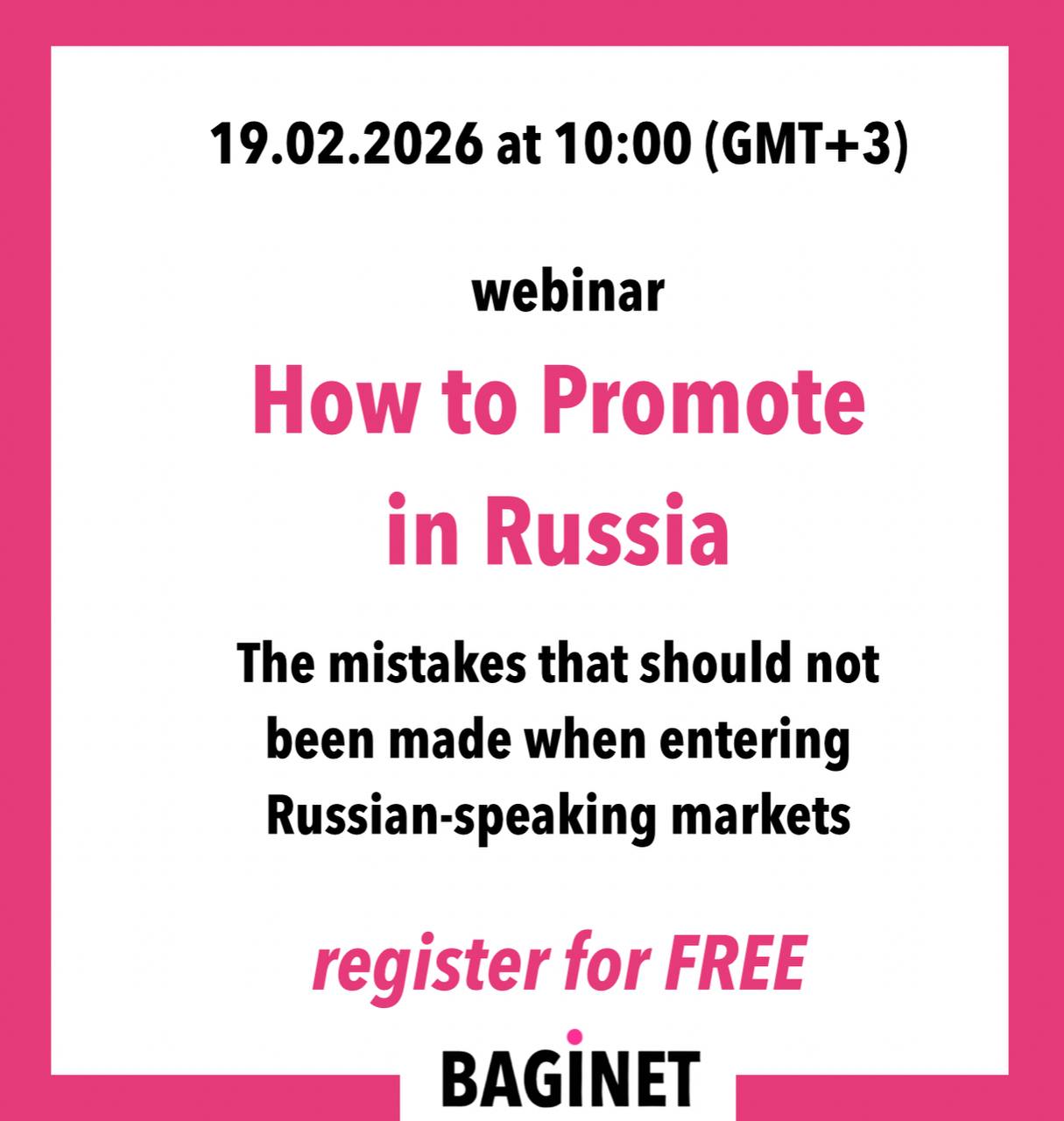Analytics 05.03.2016
![]()
Key events of 2015 for the Russian tourism
The year 2014 became for the Russian tourism business one of the most difficult in its history. Travel professionals looked for 2015 with cautious optimism, expecting to change the black stripes on white. But the last year did not meet these expectations: everything has become much worse in the field of outgoing tourism.
The fall of the ruble and outbound tourism
After a sharp fall of the ruble against the dollar and the euro in December 2014, sales of outgoing tours practically stood in the Russian travel agencies. In January and February 2015, when the currency rate was at the level of 60-68 rubles to the dollar, almost no one travelled. In the first quarter of 2015, according to Russian Statistics center, the total number of people traveling abroad declined by 31% and traveling for tourism purposes by 40%.
But in March, the ruble began to stabilize gradually, reaching at the end of the month rate of 56 rubles to the dollar, and by the end of April 51 rubles to the dollar. After that, sales of summer tours abroad increased, and by beginning of summer, tour operators began to talk about a good load of flights and seats in hotels. However, almost all of tour operators have reduced the volume of transportation by 30-40% compared with summer 2014, especially the flights from regional cities where demand strongly fell down.
Then the demand for tours abroad was absolutely dependent on the rate of the ruble. In July 2015, it was a good, the ruble held at the level of 51-55 rubles per dollar. In mid-summer a new fall began till the middle of August when the dollar has risen to 65 rubles, and sales slowed down again. In late October, the situation has become even worse after the Russian plane was blown up in Egypt. According to industry experts, in November-December, after the ban of flights to Turkey and Egypt, drop in sales of tours abroad reached 70% in relation to 2014. In addition , the state announced the ban of flights for members of the security agencies.
Most of the drop in demand affected long-haul and European destinations. Dominican Republic, Tunisia, India, China and Thailand lost more than 50% of tourist traffic. Greece, Spain and Croatia lost more than 40%. Turkey and Egypt until its closure have lost relatively few Russian tourists - 20 and 17%, respectively.
According to the Association of Tour Operators of Russia (ATOR), the fall in demand for tours abroad led to a reduction in the number of tour operators for outbound tourism by 70% in 2015.
The terrorist attacks in Tunisia
On March 18, 2015, terrorists bombed in Tunisia in the Bardo Museum, killing 23 people, including Russian woman. On June 26, the militant "Islamic State" shot from a machine on the beach and at the swimming pool of the hotel Riu Imperial Mahraba 40 people, another 40 were injured. One 54-year-old Russian citizen was among the victims, and her 31-year-old daughter was wounded in the shoulder.
After that, the country was declared a state of emergency for 30 days, enhanced security measures. The Government has declared its readiness to compensate for Russian tour operators 40% of seats on charter flights to maintain the flow of tourists from Russia. In addition, Tunisia abolished the fee of 15 euros, which was paid by foreign tourists at the airport when leaving the country. However, these measures did not help keep the rapidly falling interest in destination: in 2015 the number of tourists from Russia to Tunisia declined six times. If in 2014 the country was visited by 300 thousand tourists, in 2015 only 50 thousand Russians visit Tunisia. In 2016, Tunisia is planning to conduct an advertising campaign in the Russian market for attracting Russians.
The introduction of biometric visas in the EU
From 14 September 2016, the rules for obtaining visas to Schengen countries for Russians have been changed. Now to apply for a short-term visa it is necessary to take the fingerprints to be stored in the Visa Information System (VIS). Russians will need to retake the biometric data every five years. So, now applicants above 12 years have to visit personally visa centers.
Since not all Russian cities have a diplomatic mission of the Schengen countries, a number of visa centers announced their readiness to organize mobile units for issuing visas. This service is paid extra, but for many tourists it will cost less than a trip to the nearest town, where there is a visa application center or consulate.
Tour operators forecasted a decline in tourist flow from Russia to Europe after the introduction of biometrics by 10-15%. As a result, a number of consulates noted short-term drop in demand for visas, and tour operators indicated decrease of sales to the European winter destinations by 25% during the first two weeks of the introduction of the new system.
Bankruptcy of Transaero
Talks about financial distress of the second largest airline of Russia went a long time. For the first six months of 2015 net loss of Transaero exceeded 8.5 billion rubles, while total bank debt reached 67.5 billion. Experts explain the difficulties of the company by many reasons. Among the most common is sale of tickets at very low prices in a falling market of foreign traffic.
On September 1, 2015, an inter-ministerial commission headed by Deputy Prime Minister Igor Shuvalov, decided to refer the Transfer to Aeroflot group of companies. It was assumed that the national carrier will buy 75% + 1 share of its main competitor for 1 ruble. However, the deal failed, and in the end, Aeroflot» abandoned the agreement. The decision was made to bankrupt «Transfer. Its fleet and routes were distributed among other players in the market. On October 26, the company stopped flying.
The Russian tour operators came in a difficult position because of Transaero. Biblio Globus suffered more than others since allmost all the programs were carried out on the planes of Transaero. The company had urgently to review the entire tour product, to cancel thousands of flights and to return hundreds of millions of rubles for the previously paid trips. In addition, the bankruptcy of Transaero has created a shortage of tickets for the many routes to Siberia and the Far East.
By December 15, Aeroflot group of companies transported 1.8 million passengers with tickets of Transaero.
The attack on Sinai
The tragedy that occurred in the skies over the Sinai Peninsula on October 31 has become one of the most terrible events of the year for Russia and shocked the whole world. Aircraft A321 of Kogalymavia airlines flying from the Egyptian resort of Sharm el-Sheikh to St. Petersburg, crashed early in the morning in 23 minutes after takeoff. 217 passengers and 7 crew members were aboard, all of them were killed.
Passengers were clients of Russian tour operator Brisco. The initial version of the accident was a technical failure, but later the disaster qualified as a terrorist act. The FSB director Alexander Bortnikov said thatthe plane was blown up by a bomb power up to 1 kg of TNT. Presumably, an explosive device was found under one of the passenger seats. However, the Egyptian side still did not agree with the version of the terrorist attack.
Ban of flights to Egypt and Turkey
Even before the release of the terrorist attack, On November 6, the Russian President Vladimir Putin issued a decree banned air traffic with Egypt and recommended tour operators to stop sales of tours to Egyptian resorts. This decision has had serious consequences for the Russian tourism industry, as in the winter Egypt is the most popular destination for Russians, and throughout the year it took the second place in the ranking of the most popular tourism destinations.
At the time of the closing Egypt, there were about 80 thousand Russians, another 140 thousand trips were sold by tour operators till March 2016. Companies had to send to Hurghada and Sharm el Sheikh empty flights to evacuate tourists back to Russia. Those who bought tickets and were not able to fly away on holiday, were offered an alternative: to change the destination, or leave money on deposit of tour operator and later to purchase another tour, or to get back the cost of tour minus the expenses incurred by tour operator.
Shortly thereafter, on November 24 it became known about the crash of a Russian military aircraft Su-24 in Syria as a result of the attacks of the Turkish Air Force. On the same day, the foreign Minister Sergei Lavrov recommended Russian citizens to refrain from traveling to Turkey for tourism purposes in connection with the fact that the level of terrorist threat in Turkey is not less than in Egypt. After that, all the major Russian tour operators have suspended the sales of tours to Turkey. At that time about 10 thousand Russian tourists were in the country, and another 4-5 thousand trips were sold.
Ban of operation for Turkish companies
Russia also imposed a number of sanctions against Turkey, as a result of which the Turkish companies lost the right to engage in tourism business in Russia.
The Russian government issued a decree on December 30, according to which the companies under the jurisdiction of or controlled by Turkish citizens, are prohibited from 1 January 2016 to engage in construction, tourism and hotel business in Russia. Thereafter Russian Tourism Agency decided to exclude from January 1, 2016 of the Federal Registry of tour operators all companies associated with the Turkish business, in particular, a number of legal entities of Pegas Touristik, Coral Travel and Sunmar Tour, as well as all legal entities of Anex Tour.
Tags:
492



